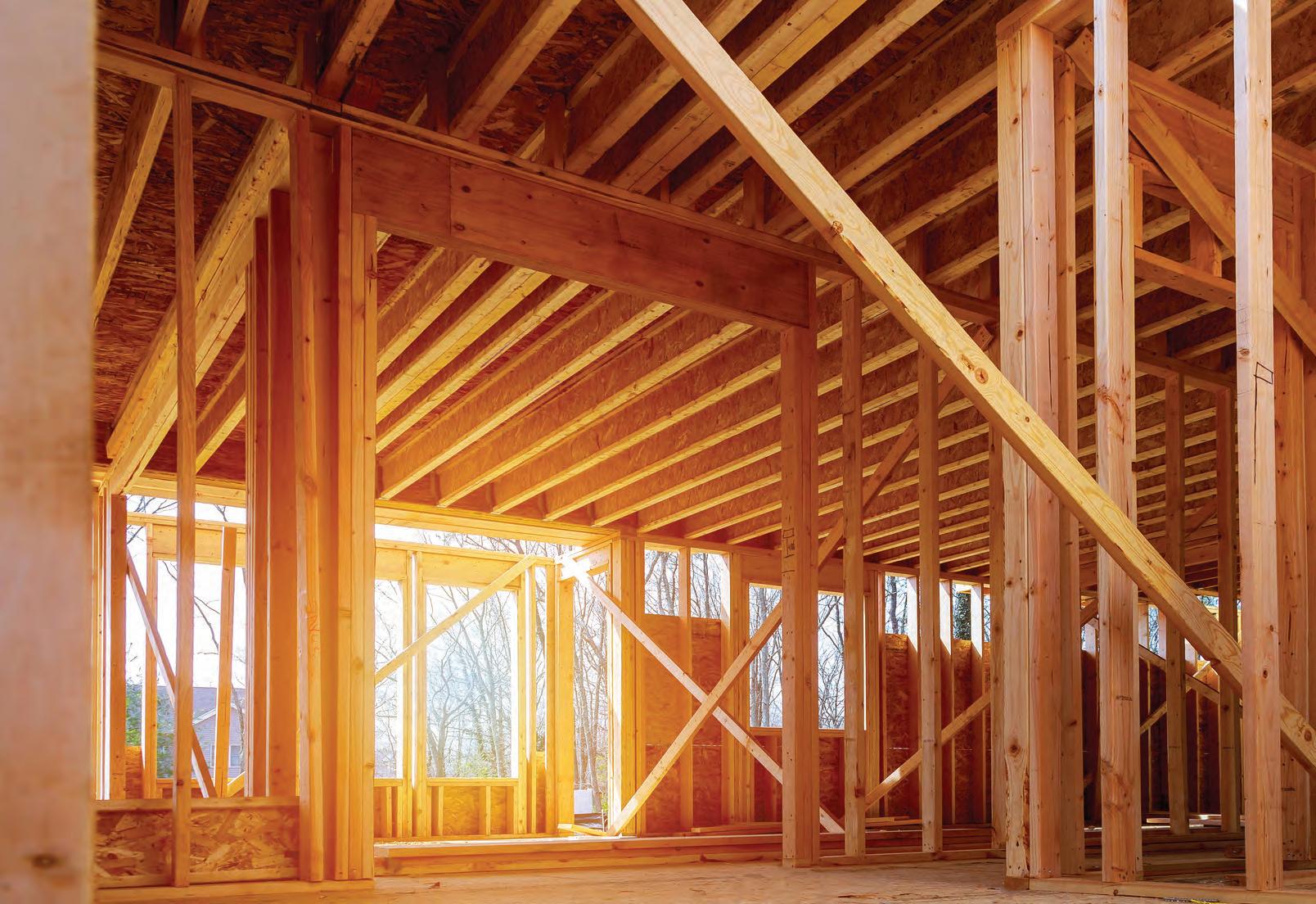CORONAVIRUS, ADJUDICATION AND INJUNCTIONS By James Frampton Coronavirus, or Covid-19, has impacted and continues to impact all parts of our lives. The focus in the construction industry has rightly been on the safety of workers still attending sites. No doubt the future will see litigation on whether the coronavirus gives rise to extensions of time, force majeure, frustration or other legal rights or remedies. At present, the main impact on construction litigation has been the procedural impact of the Coronavirus.
By the middle of April 2020, within 1 month of the start of lockdown, there were already 15 High Court judgments referring to Coronavirus. These included judgments on procedural issues, such as the refusal of an application to adjourn a 5-week trial in a £250 million claim in the Insolvency and Companies List of the Business and Property due to start in June 2020. The TCC has since published a template remote hearing order and hearings by Zoom, Skype or similar video conferencing software have quickly become the norm. In litigation and arbitration, it has, therefore, been all change. What about the impact of the Coronavirus on adjudication?
Millchris Developments Ltd v Waters The question of adjudication and Coronavirus was always likely to arise given the short-timescales in adjudication and the complications and delays caused by remote working and the furloughing of employees at many contractors during the lockdown. The surprise is how quickly it did so. On 2 April 2020, Jefford J heard an application by Millchris Developments (“MD”), a building contractor, for an interim injunction to prohibit a home owner (“W”) for whom it had carried out building works in 2017 from continuing with an adjudication.
It is a sign of the difficulties of remote working, that the transcript of the judgment only became available two months later on 1 June 2020.
The Facts MD had carried out building works to W’s property. The works commenced in December 2017, albeit the contract, in the form of the JCT Homeowner Contract, was only executed on 2 March 2018. The contract contained a provision for adjudication and required a decision to be made within 21 days. It appears that the works were completed in 2019 and there was a final account meeting on 19 August 2019. In November 2019, MD ceased trading (although it remains an active company on Companies House) as a result of its poor financial state. After MD has finished the works, W had engaged a second surveyor who advised her that she had been substantially overcharged. On 23 March 2020, W commenced a true value adjudication contending that she had overpaid MD by £45,000 and that there were defects in its works. That evening the Government announced the “lockdown” measures. An adjudicator was appointed who initially proposed a timetable for submissions to be completed by 3 April 2020. This timetable was rather condensed but was necessary in order to meet the 21 day timescale in the contract (as opposed to the standard 28 days under the Scheme).
1 [1975] AC 396
– 20 –
On 26 March 2020, MD wrote to the adjudicator stating that it would not be able to comply with this timetable and also suggesting that the case was not suitable for adjudication given its nature and complexity. MD concluded by stating that W should withdraw the adjudication as it would inevitably lead to a breach of natural justice. The adjudicator rightly ignored the suggestion that a £45,000 final account claim was not suitable for adjudication. However, on timetable, he recognised the difficulties caused by the Coronavirus and proposed a 2 week extension. W agreed to this extension. However, MD was still dissatisfied and applied to the court for an interim injunction to stop the adjudication until the Coronavirus crisis, and the lockdown measures imposed by the Government as a result, were over.
Injunction: Principles and Argument The principles applied by the court on an interim injunction are well established. Following American Cyanamid¹, the questions to be asked are: 1. Is there is a serious issue to be tried? 2. Would damages be an adequate remedy? 3. Where does the balance of convenience lie?





